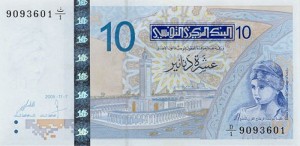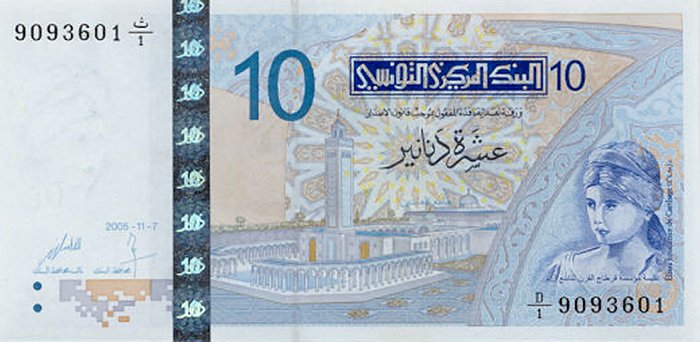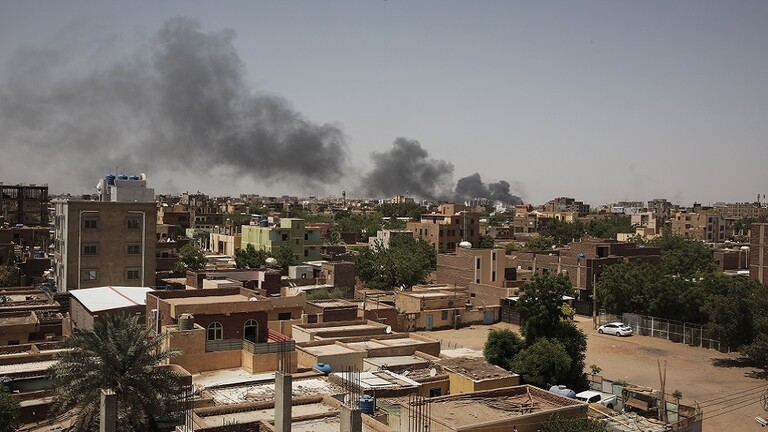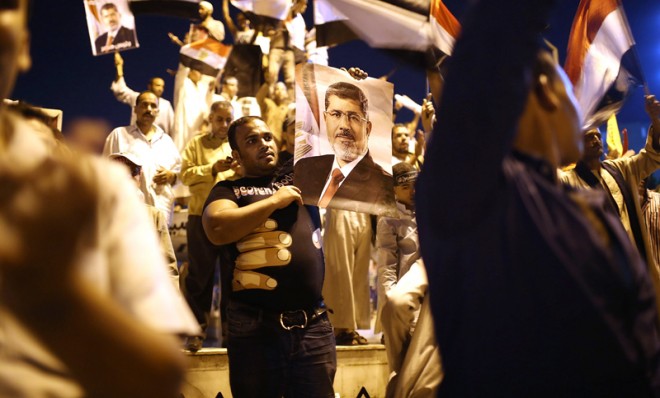 If Egypt has declared that it’s no more interested in International Monetary Fund’s (IMF) loan, Tunisia on the other hand has not ruled out its emergency loan which is on standby. However, planned protests and strikes for the following weeks might jeopardize the Tunisian government’s ability to overcome its shaky finance and at worst, its potentials to secure the $1,78billion loan from IMF.
If Egypt has declared that it’s no more interested in International Monetary Fund’s (IMF) loan, Tunisia on the other hand has not ruled out its emergency loan which is on standby. However, planned protests and strikes for the following weeks might jeopardize the Tunisian government’s ability to overcome its shaky finance and at worst, its potentials to secure the $1,78billion loan from IMF.
Tunisia has been implementing tax hikes and cuts to expensive government subsidies to reduce its budget deficit. These actions have led to the rise of prices. Although the government imposed a levy of 1% on salaries above 1,700 dinars ($1,075) per month to help fund remaining subsidies on fuel and food, many believe that it will be of limited effect.
Patience has begun to run out and the Organization for Consumer Protection, a consumer advocacy group, has called for demonstrations this Friday against the fuel price hike and inflation in general, which could draw thousands of people. Taxi drivers are also planning to go on a day strike against gas prices next week while station owners have called for a 3day strike in April.
The government has not shown any sign of holding back economical and financial reforms. Analysts believe that abandoning the reforms will be of a huge economic cost to the government. Late last year the government projected a large budget deficit of 6% of gross domestic product in 2013, and the outcome could be worse because of the economic cost of the recent unrest.
Tunisia has been witnessing inflation. Its credit rating has also been reduced while foreign investment has been at a snail’s pace for a while now.
The IMF has been urging North African countries in general to strengthen their state finances with subsidy reforms.



